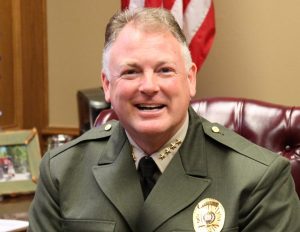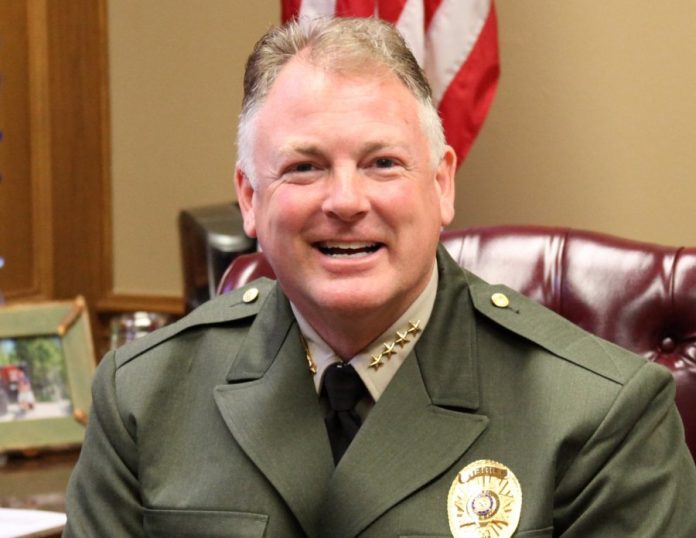
As we all are aware, Governor Gregg Abbott signed HB 910, the Texas Open Carry Bill for Concealed Handgun Holders, into Law. “Open Carry” becomes effective January 1, 2016.
The new law changes the name of the Texas Concealed Handgun License to a Texas “License To Carry,” or LTC, and will allow Concealed Handgun License (CHL) holders to carry their weapons in full view of the public.
Here are some things to remember about the new law, and some tips about when to call the police in the case of concern about this law.
- Currently unlicensed citizens must complete a state approved course to receive a new LTC
- Licensees must carry the weapon secured in a holster
- Licensees cannot display the gun in a threatening or provocative manner
- Businesses can preclude someone from coming into their establishment with either a concealed or open carry handgun
“When should I call the police when I see someone has a handgun?”
- If you have witnessed a crime, call us
- If you are being threatened by the person with the gun
SIMPLY witnessing a citizen with a handgun in a hip or shoulder holster is not a reason to call the police
Where Concealed or Open carry is never allowed:
- The physical PREMISE of a school or educational facility including the grounds where a school activity may be taking place
- Polling place on the day of election or early voting
- Government court or offices
- Racetrack, horse or dog racing (not TMS)
- Secure area of an airport
- Within 1000 feet of the place of execution on the day of an execution
- Definition of Premise Per TX Penal Code
- “PREMISE” means a building or a portion of a building. The term does not include any public or private driveway, street, sidewalk or walkway, parking lot, parking garage, or other parking area.
- This means, if someone pulls up to a school in the private drive and has a weapon on them, if they simply pick up their child and leave, they HAVE NOT broken the law. If they go into the building, then they have violated the law.
Other Places Where Concealed or Open carry is Never Allowed:
- A Bar, or business that derives 51% or more from alcohol sales or liquor stores.
- On the premise where a high school, collegiate, professional sporting event, or inter scholastic event is taking place, unless a handgun is used in the event.
- Correctional facility, for obvious reasons
- Cannot carry a gun while intoxicated
- Non Traditional Business Areas
There are a few places besides traditional businesses where they may not be able to carry (IF it is posted with the proper signage):
- Hospital, nursing home, amusement park, church, synagogue, other established place of worship
- An area where a government meeting takes place
Campus Carry:
- In a compromise made to ensure the passage of separate “campus carry” legislation, the Texas Legislature has decided that a license holder can only carry concealed handguns while on college or university sidewalks, walkways, streets, parking lots, parking garages, and buildings (as of August 1, 2016 for colleges, universities, and technical institutes, or August 1, 2017 for public junior colleges).
- Unlicensed Carry
- The unlicensed open carry of a handgun in places other than one’s premises, vehicle/watercraft, or premises under one’s control will continue to be considered “unlawful carrying of a weapon,” a Class A misdemeanor punishable by up to a $4,000 fine and/or up to a year in county jail.
The Sheriff’s Office and its Deputies, as a matter of routine, will not demand a subject, who is openly and lawfully carrying a handgun/firearm produce their identification and handgun license merely to verify the existence of the handgun license. This does not prevent a deputy from intervening and identifying a subject, who is openly carrying a firearm and is committing a crime, is found to be in a suspicious place, or engaged in suspicious activity.

















